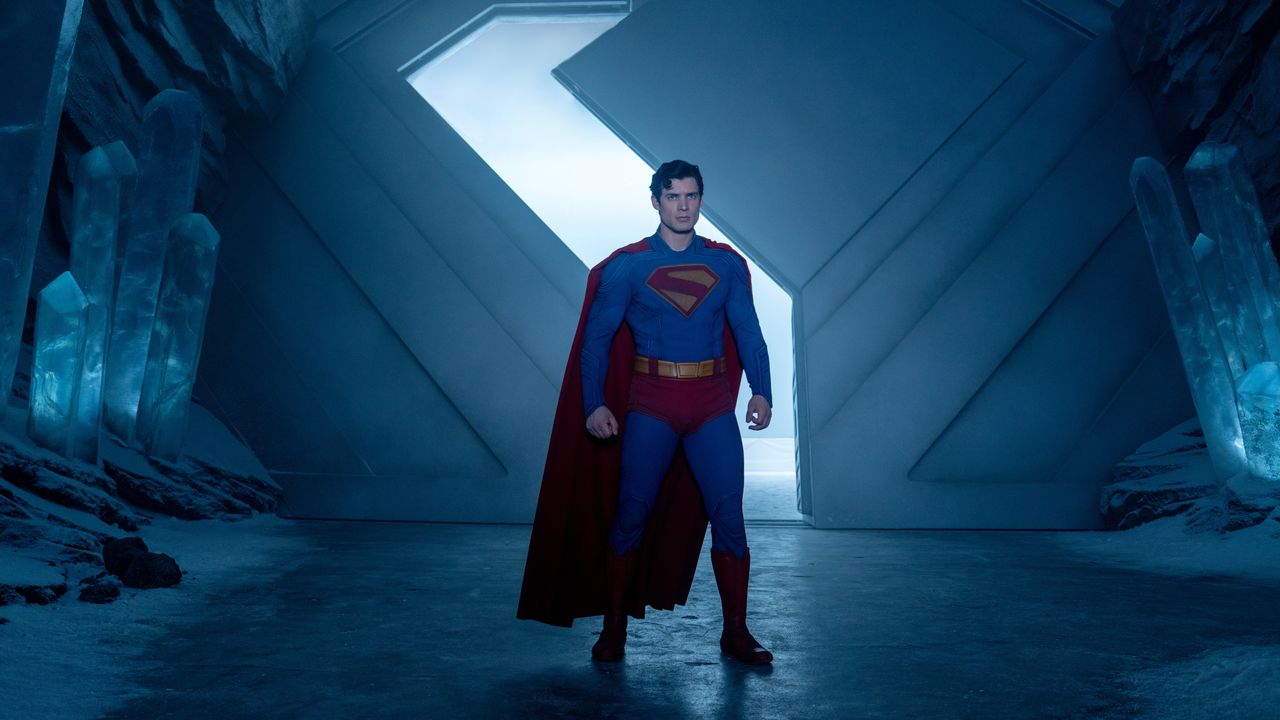Back in the heady, confident days of 2013, Hollywood believed that audiences had the emotional capacity to handle a grave, somber take on Superman, i
Back in the heady, confident days of 2013, Hollywood believed that audiences had the emotional capacity to handle a grave, somber take on Superman, in the vein of Christopher Nolan’s shadowy Batman trilogy. And so the industry gave us Zack Snyder’s Man of Steel, with its stately cinematography, swelling Hans Zimmer score, and enough ersatz political and moral profundity to keep a subreddit busy all summer. The results were strained and overbearing; Snyder’s version of Superman limped on through a few more films and then died.
Director James Gunn’s novel take on America’s most notable hero is the near total opposite. At its best, his Superman is elastic and limber and, most importantly, fun. The film finds its protagonist’s appropriate level—between silliness and seriousness—for the first time since the Richard Donner days.
Irreverence is the key. Gunn isn’t sneering nor mocking, but he’s loose with the movie’s rules, avoiding the laborious explication that a more self-conscious film, like Man of Steel, demands. Being comic book-y is the point—embracing Superman’s original context is, it turns out, the best way to do him justice. Which is something that DC probably should have figured out long before now. Marvel had that angle down very early on in its blockbuster run of films—but it’s taken DC a long while to rid itself of Snyderism.
Cannily enough, Superman still manages to sneak in some massive themes. Gunn takes aim at sinister titans of tech hellbent on extragovernmental world domination, and at anti-immigration rhetoric that dehumanizes and cages foreign-born people. The film is appropriately appalled at such things, but doesn’t register that anger with any didactic sermonizing. (Well, okay—maybe there’s a little at the end.) It’s a shrewdly balanced film, a mix of flippant merriment and real dramatic stakes.
Gunn would have a much harder time selling his novel approach had he not cast smartly. Fortunately, he’s found an appealing Kal-El/Clark in TV actor David Corenswet, curly haired and square jawed—impossibly pretty, really, but somehow accessible. He’s got good comedic timing and fizzy chemistry with Rachel Brosnahan, who plays Lois Lane with a laidback modernity. Those performers are natural enough, despite the ludicrousness surrounding them, that one wishes for a bit more subtlety from the likes of Nathan Fillion as Green Lantern and Sara Sampaio as the dizzy girlfriend of megalomaniac Lex Luthor. They feel imported from one of Gunn’s more archly satiric films.
As Luthor, Nicholas Hoult doesn’t downplay anything. But he nonetheless convincingly renders a petulant bully whose immense wealth and influence have, he presumes, given him power over his insecurities and inadequacies. Perhaps skewering that kind of tech loser is low hanging fruit—but those hazardous people do walk among us in the real world, so why not make fun of them in as many substantial summer blockbusters as possible? Superman is not just teasing them; there is a righteous rage thrown at these guys too, a genuine disgust that is invigorating in its clarity.
I don’t want to oversell Superman. It is, in the end, just another comic book movie, with the requisite epic battles in which CGI versions of people go crashing through one building after another. Perhaps it is impossible for any of these movies to avoid that formula, but Gunn might have been the right director to at least give it a try. He almost gets there—until, alas, the arrival of a dimensional portal cleaving Metropolis in two. The skyscrapers start toppling, the punching grows repetitive.
Still, Superman makes many astute and unexpected choices before all that. Clark’s adopted parents, Ma and Pa Kent (Neva Howell and Pruitt Taylor Vince), feel like regular people from Kansas, not movie stars plopped into farm clothes (as was the case with Snyder’s Kevin Costner and Diane Lane). That makes their rapport with Clark all the more credible and endearing. Gunn also lets Clark be a little cockier and impulsive than he sometimes gets to be, adding an intriguing trace of messianic self-regard to all of his noble good intentions. And yet his disarming sweetness, sometimes played as an amiable joke, is never lost.
The ending of the film is strangely poignant. Gunn effectively employs one of his signature needle drops and reduces the scope of his movie to one man embracing an imperfect past—just as this Superman must look to its character’s recent history and take from it the right lessons. I think the film mostly does just that. This time, Superman only spins his planet forward.

COMMENTS